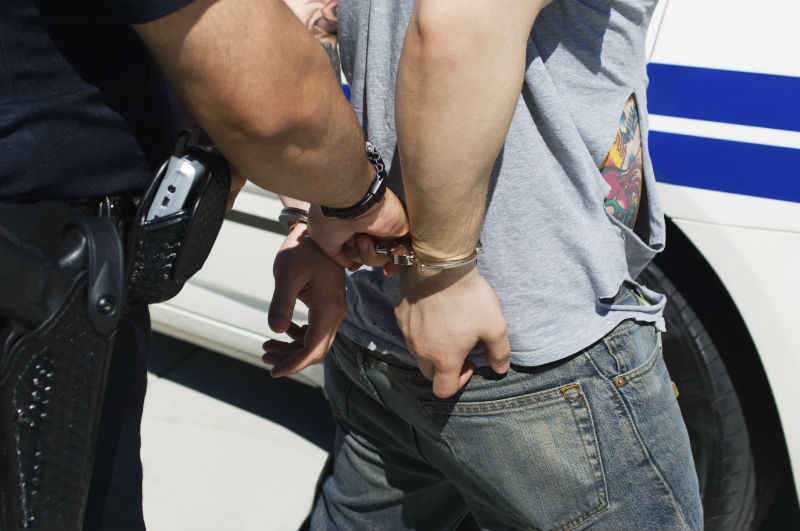December 5, 2015
In the state of Florida, there are several actions that can constitute obstruction of justice. Overall, someone who is guilty of obstruction of justice has interfered with the due process of the law in some way. They may have lied to investigators, interfered with a police officer who was arresting someone or destroyed evidence that may have led to the conviction of someone in a crime. Keep reading to learn more about obstruction of justice offenses.
Resisting a Police Officer
There are two Florida statutes that explain how resisting a police officer qualifies as obstruction of justice. Anyone who, with or without violence, knowingly resists, obstructs or opposes a police officer who is lawfully executing his or her legal duty may be found guilty of obstruction of justice.
Resisting a police officer with violence is considered a felony of the third degree while doing so without violence is a misdemeanor of the first degree. Possession of an unauthorized, concealed handcuff key is also considered obstruction of justice and could be considered a felony of the third degree. Removing a police officer’s weapon or radio is also considered obstruction of justice and could result in conviction of a felony in the third degree. It is also obstruction of justice to use a disguise to prevent a law enforcement officer from carrying out their legal duties and may be considered a misdemeanor in the first degree.
Refusing to Aid Law Enforcement
Refusing to help a law enforcement official, or peace officer, who is attempting to apprehend a suspect or preserve the peace may be considered a misdemeanor of the second degree. Any citizen who refuses to assist an officer in the apprehension of an escaped convict is guilty of obstruction of justice and may be charged with a first degree misdemeanor.
Impersonation of Police Officer
It is obstruction of justice to use flashing or rotating blue lights on any non-governmentally owned vehicle. It is also illegal to use a badge or other identification as an authority figure with the intent to mislead another person into believing they are a governmental representative, such as a police officer. Both are considered a first degree misdemeanor.
Tampering With Evidence or Witnesses
Altering, destroying, concealing or removing evidence to impair an investigation, or knowingly supplying false evidence is considered tampering with evidence and could result in a third degree felony charge. Using intimidation, force or threatening a witness in order to convince them to alter or withhold testimony in a criminal case is obstruction of justice, too. Depending on the severity of the witness tampering, convictions could range from a misdemeanor to a Life Felony.
Perjury and filing false information on a bail application are also examples of obstruction of justice in the state of Florida.
Contact the Khonsari Law Group for Legal Counsel
If you or a loved one has been charged with obstruction of justice, contact the Khonsari Law Group today to learn what rights you may have. Our team has the experience and resources to protect your rights and guide you through the legal process.


